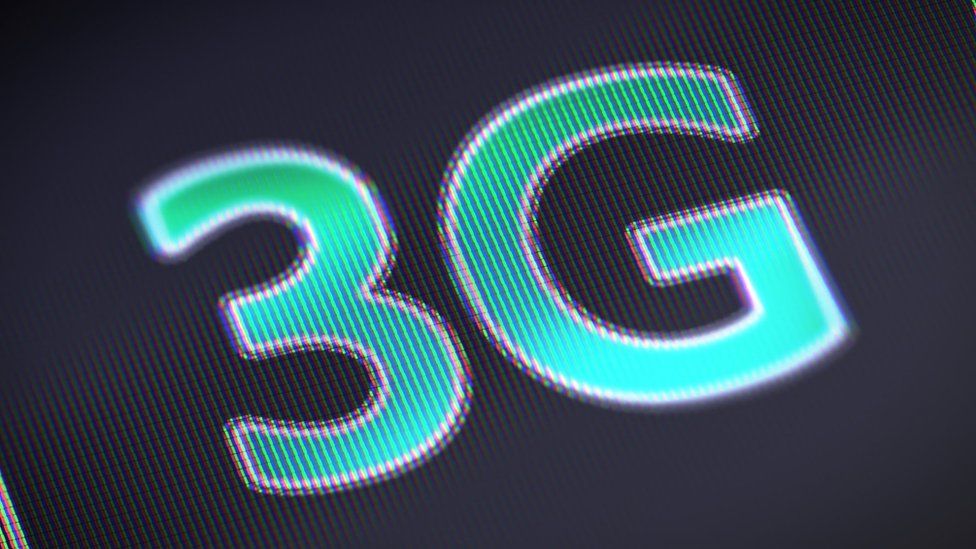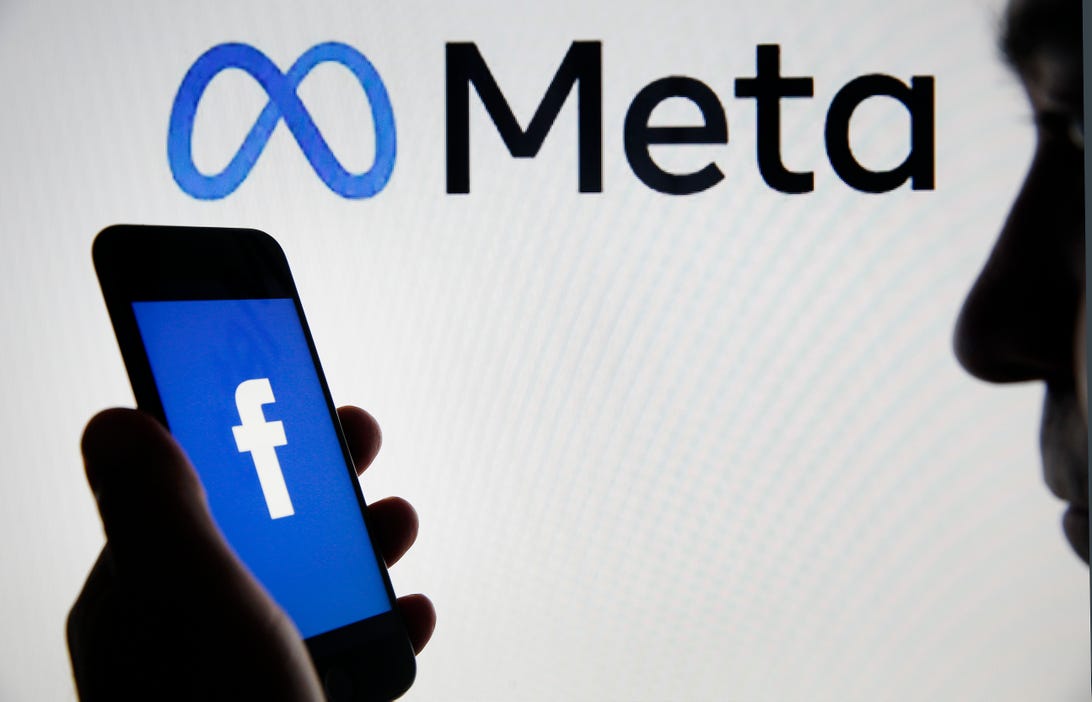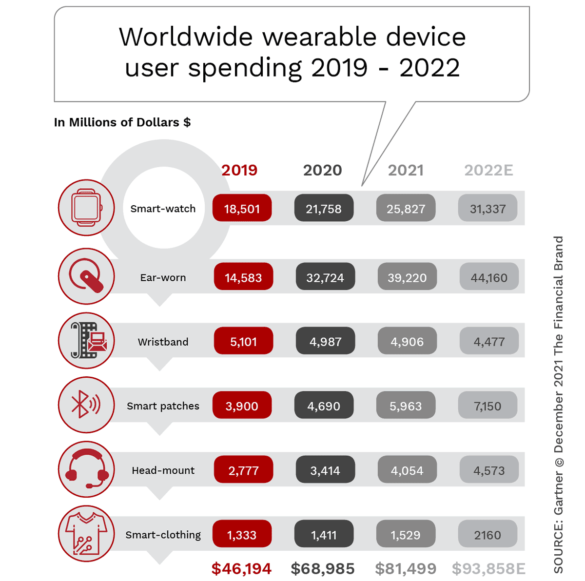Find out the week’s top mobile stories from around the world. Headlines this week include… UK to phase out 2G and 3G by 2033, Consumers spent $133 billion on mobile apps in 2021, Samsung Mobile estimates the chip shortages are far from over and much more…

UK to phase out 2G and 3G by 2033
BBC
The UK will phase out 2G and 3G mobile services by 2033, the government says.
The switch-off date has been agreed with mobile-network operators Vodafone, EE, Virgin Media, O2, and Three.
In July, EE owner BT revealed plans to phase out 3G by 2023, and 2G later in the decade. And many other companies have already begun phasing out technology that support the services.
Read more…
Consumers spent $133 billion on mobile apps in 2021
GSMArena
As the year 2021 comes to a close we tend to look back on the biggest stories and developments over the past 12 months. SensorTower published its yearly mobile app spending report and it shows a clear pattern – both Android and iOS users are spending more money on apps compared to 2020.
The total sum spent on mobile apps in 2021 reached $133 billion which is about 20% more than the sum for 2020 which was estimated at $111.1 billion. The new app spending data was compiled based on projected spending between January 1 and December 31, 2021.
Read more…
Samsung Mobile estimates the chip shortages are far from over
Notebook Check
According to a new report coming from The Elec, Samsung Mobile’s senior executives met with executives from 30 major component suppliers in early November to devise a new strategy in order to secure enough chips for 2022. Chip supplies are expected to remain tight up until the second half of 2022.
Samsung does not seem to be too optimistic in regards to the global chip shortages that are still affecting so many industries. South Korean publication The Elec reports that the chip shortages issue was one of the major points of discussion during a Samsung Mobile meeting in early November. Samsung Mobile’s president TM Roh discussed with the company’s senior executives, as well as executives from over 30 major component suppliers and came to the conclusion that the smartphone business will continue to be impacted in 2022 just as it was in 2021.
Read more…
Facebook parent Meta uses AI to tackle new types of harmful content
CNet
The social network, for example, has rules against posting harmful COVID-19 vaccine misinformation, including false claims that the vaccine alters DNA. But users sometimes phrase their remarks as a question like “Vaccine or DNA changer?” or even use code words to try to evade detection. The new technology, Meta says, will help the company catch content it might miss.
“If we react faster, then we’re able to launch interventions and content moderations in a more timely fashion,” Meta Product Manager Cornelia Carapcea said in an interview. “Ultimately, the goal here is to keep users safe.”
Read more…
The Future of Mobile Banking Beyond Smartphones
The Financial Brand
With every large technology company working on the next great mobile engagement device, smart, augmented reality (AR) glasses are widely expected to unseat the smartphone as the device of choice for consumers. It is not too soon for financial institutions to begin preparing to avoid disruption greater than what mobile phones brought.
More banking than ever is taking place on the mobile phone. This is logical given that mobile devices have become the primary communication technology for the majority of the world. The big question now is: Where will the next stage of mobility take us?
Read more…
Veon in major move into digital mobile security standard
Capacity Media
Mobile network operator Veon has incorporated the GSMA’s Mobile Connect standard into what it hopes will be a global identity system.
Veon wants its MobileID initiative to provide an authentication, credentials management and permission control system that, it believes, will safeguard consumers and protect retail companies.
Read more…
How MNOs are monetising businesses in the 5G era
Telecoms
Telecoms.com periodically invites expert third parties to share their views on the industry’s most pressing issues. In this piece Corine Suscens, VP Global Marketing at Creativity Software, looks at how MNOs are transforming into data intelligence providers.
According to the GSMA, 70% of mobile operators see the enterprise sector as the most important incremental 5G revenue opportunity. In the meantime, it’s becoming a priority for organisations across industries to become more insights driven. This will enable businesses to better understand customers’ changing behaviours, create more relevant offers and overall make more informed decisions to drive profits.
Read more…
Razer and Qualcomm Want in on the Mobile Gaming Action
Esports Talk
The partnership between Razer and Qualcomm — the one that has yielded the G3x Gen 1 gaming platform — is fascinating for many reasons. At its very core, it tells us that both companies want in on the mobile gaming action and are looking for new and unique ways to approach this lucrative (and relatively nascent) form of entertainment.
And, well, they’re not the only ones…
Read more…
Predictions 2022: Mobile & In-Game
Exchange Wire
In the fourth article in ExchangeWire’s 2022 predictions series, industry experts give their thoughts on what next year looks like for Mobile and In-Game. Two closely intertwined areas, both have seen significant growth over the past 18 months, but have also been (and could be further) affected by Apple’s changes to the iOS infrastructure.
2022 will see in-game advertising recognised as a standalone ad category for the first time, moving it from the awareness stage to becoming a legitimate ad channel in its own right.
Read more…
TikTok live shopping cements the rise of mobile – and will hit the high street hard
Internet Retailing
TikTok is leveraging its 1 billion-plus viewers this week with a live streamed shopping and entertainment event that aims to catapult the social site into the heart of Gen Z ecommerce.
Building on previous forays into online selling, the social media platform is going all out to bring together its huge user base, its creators, brands and celebs to create what it sees as a new and unique way for people to shop.














